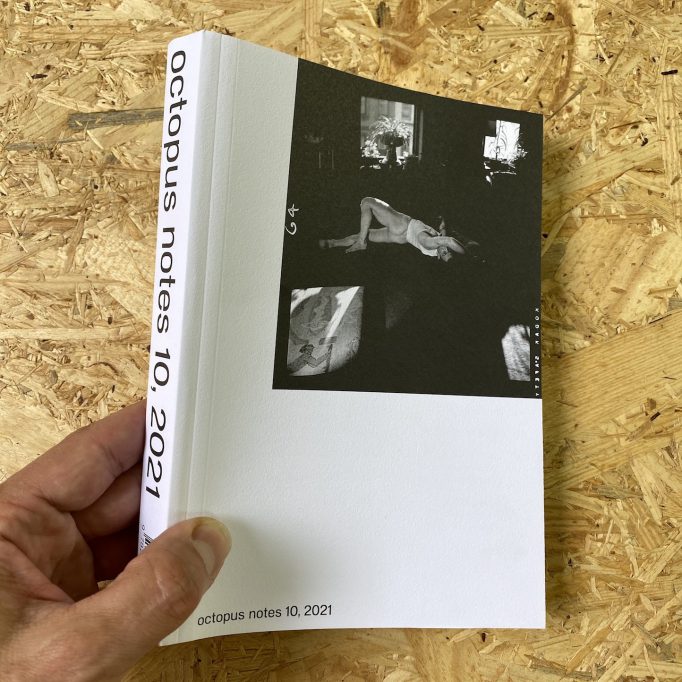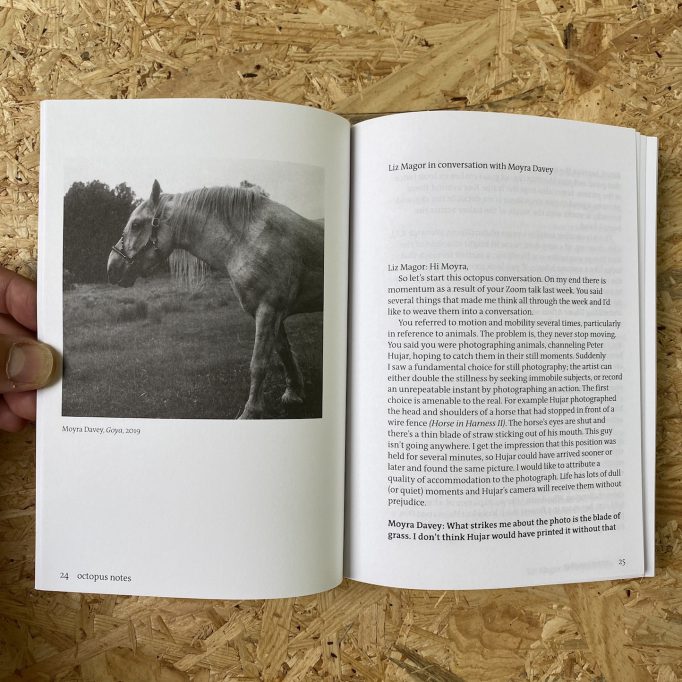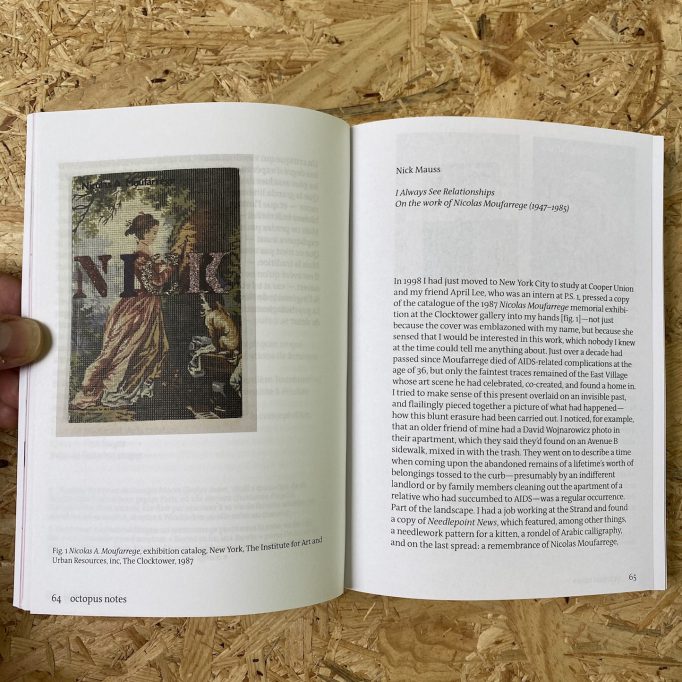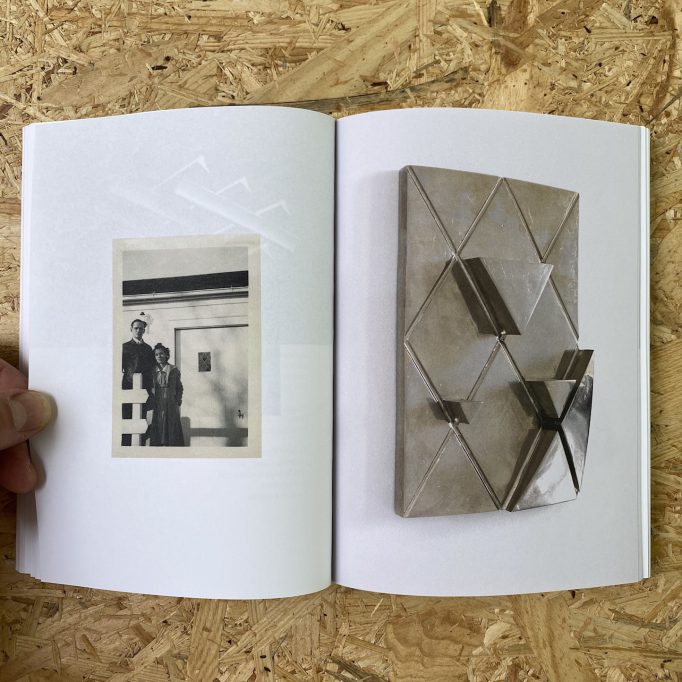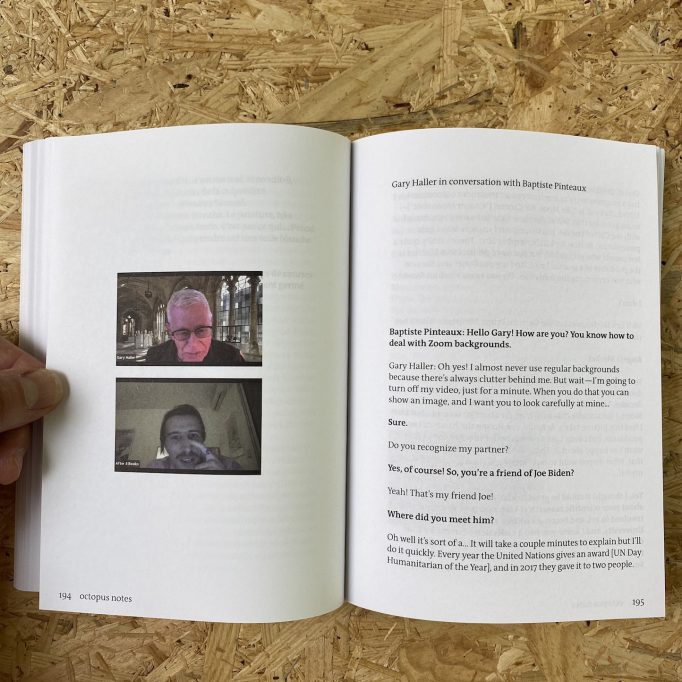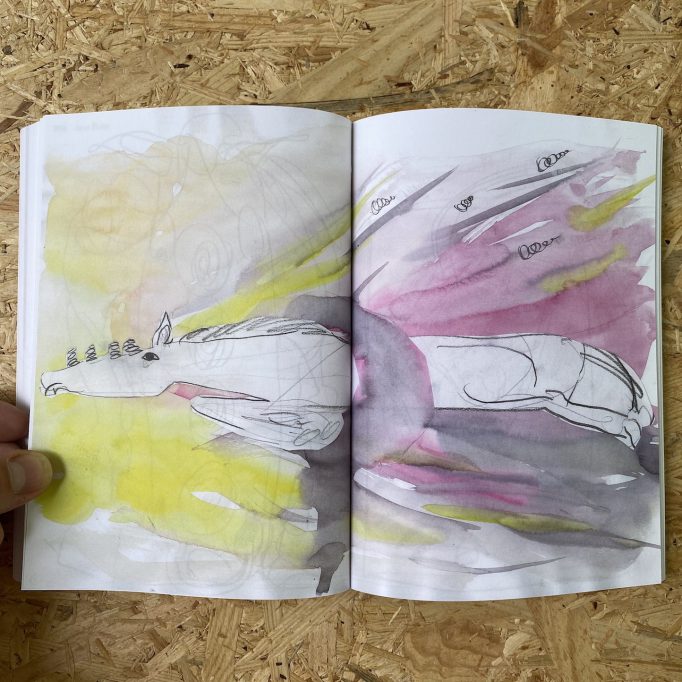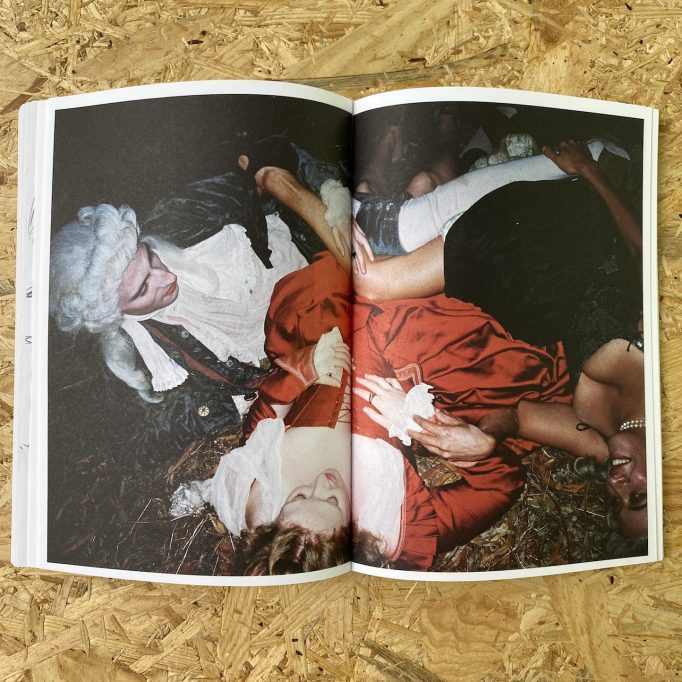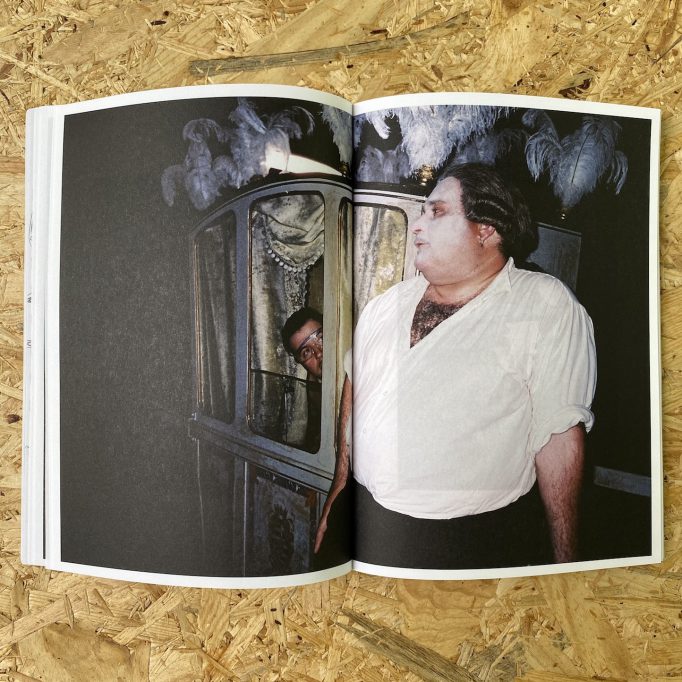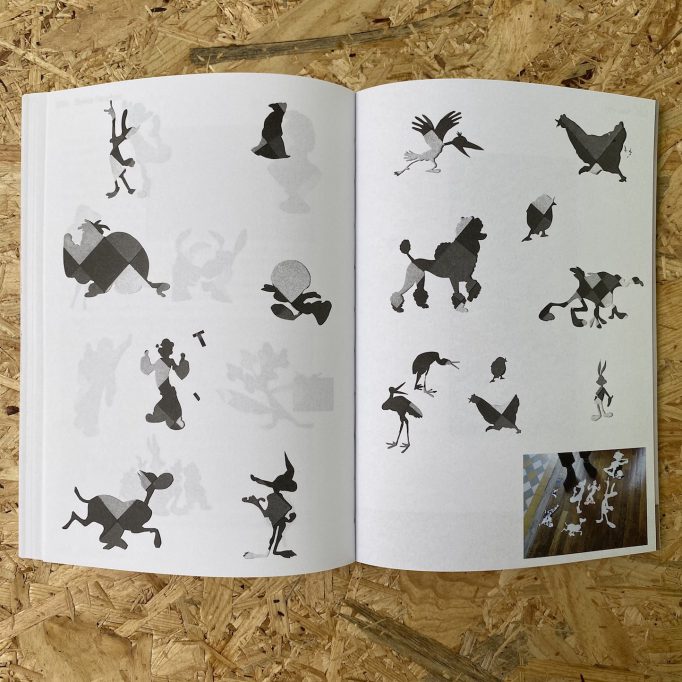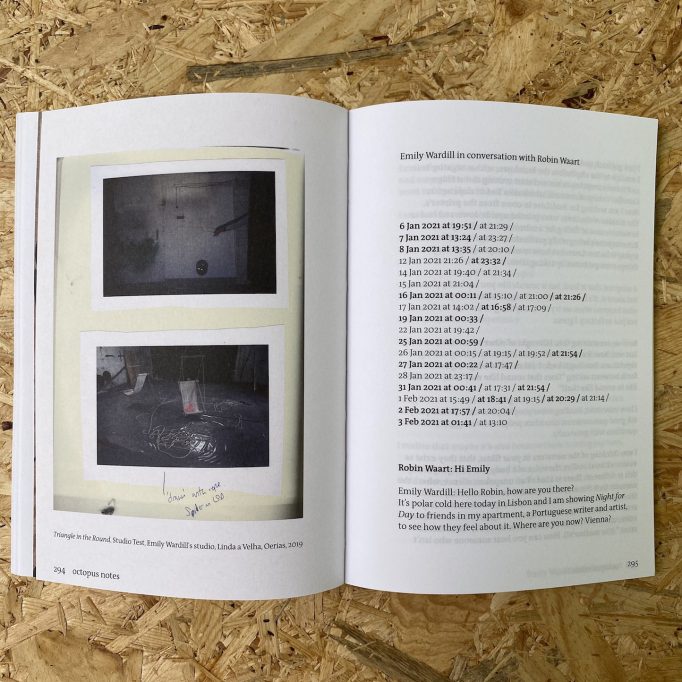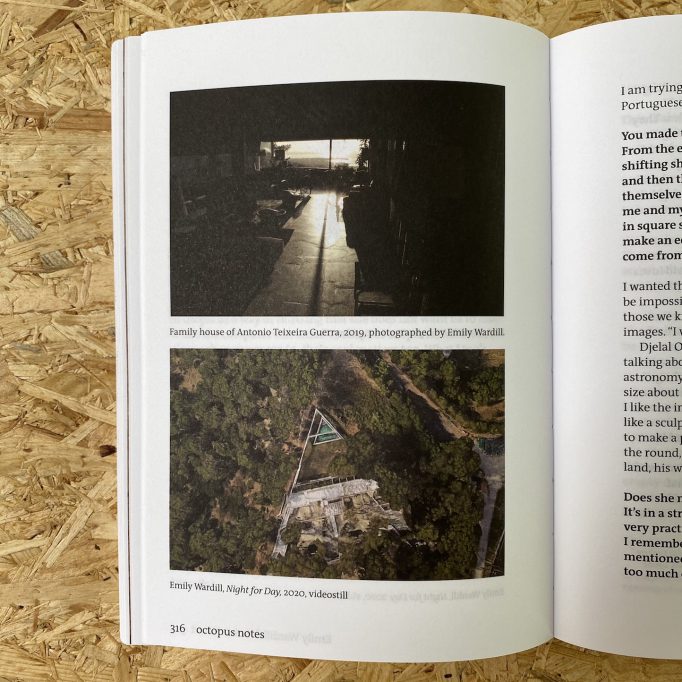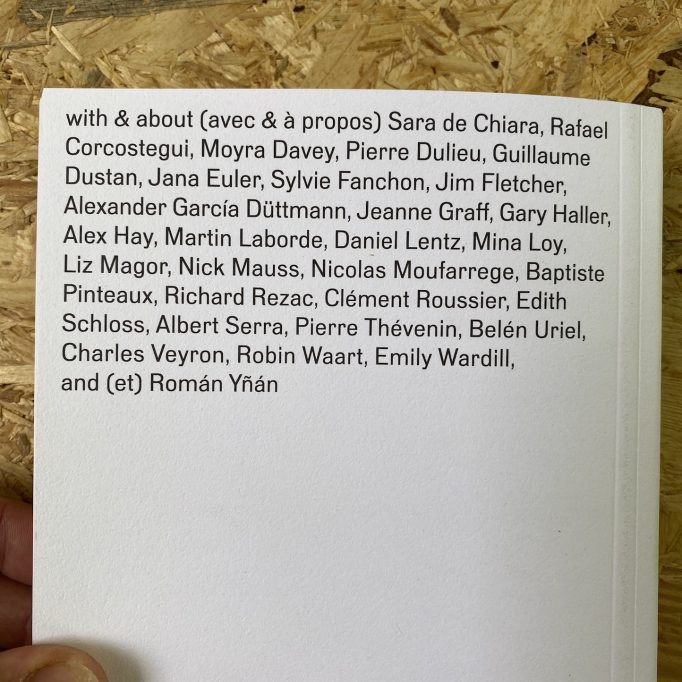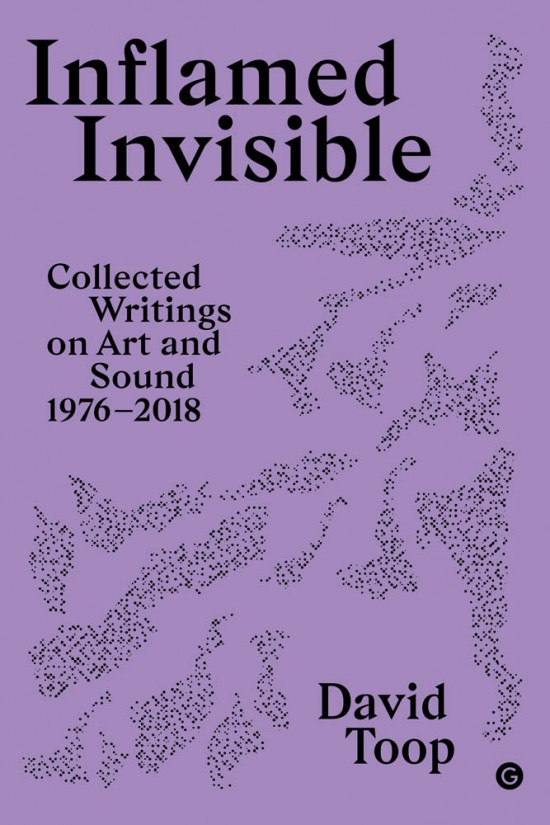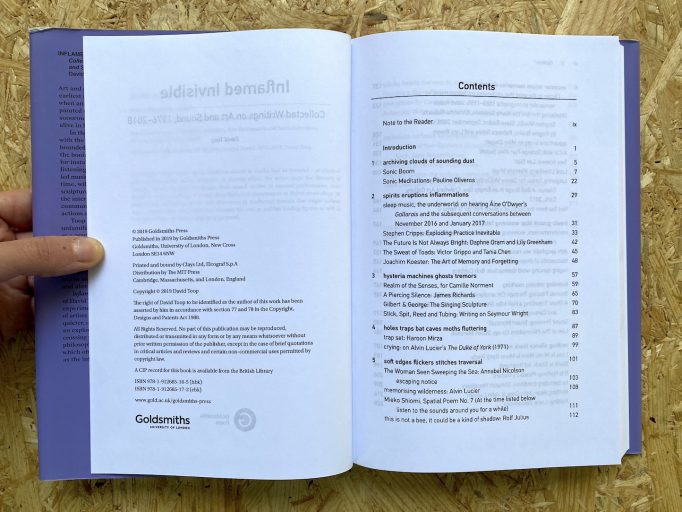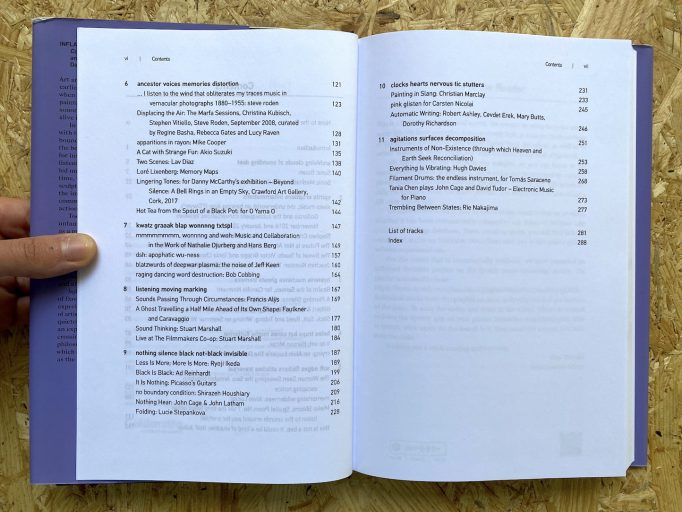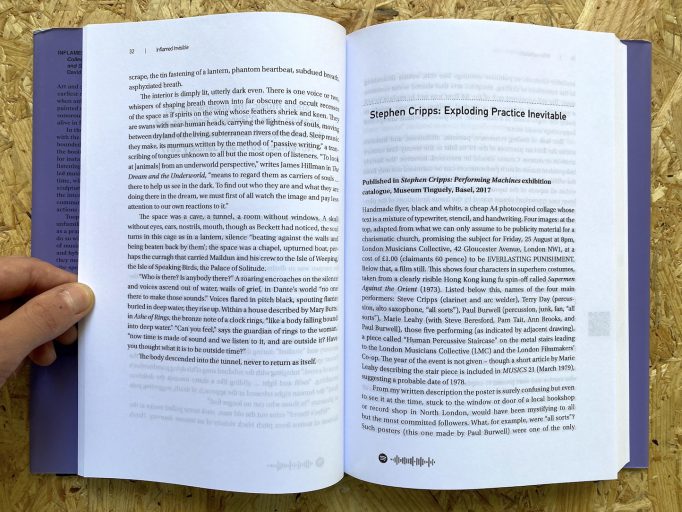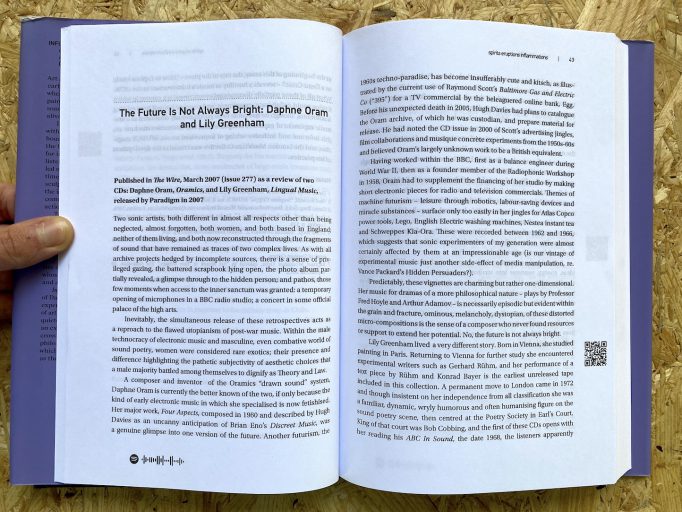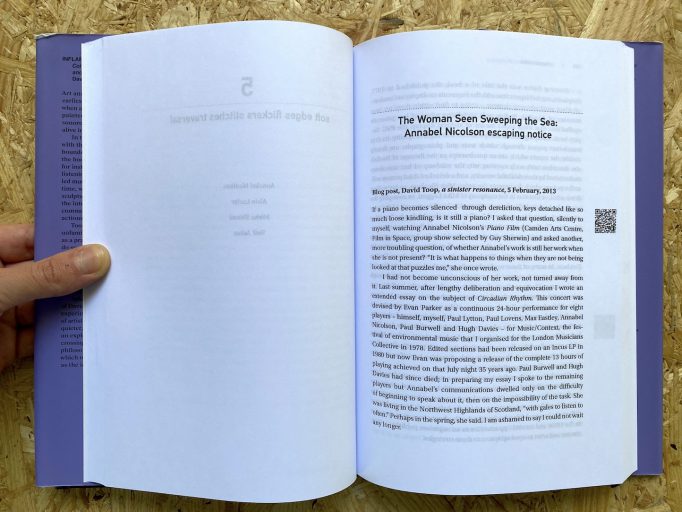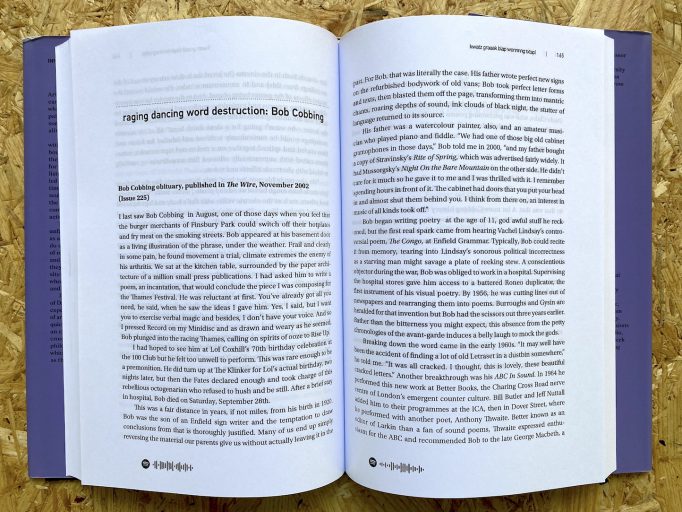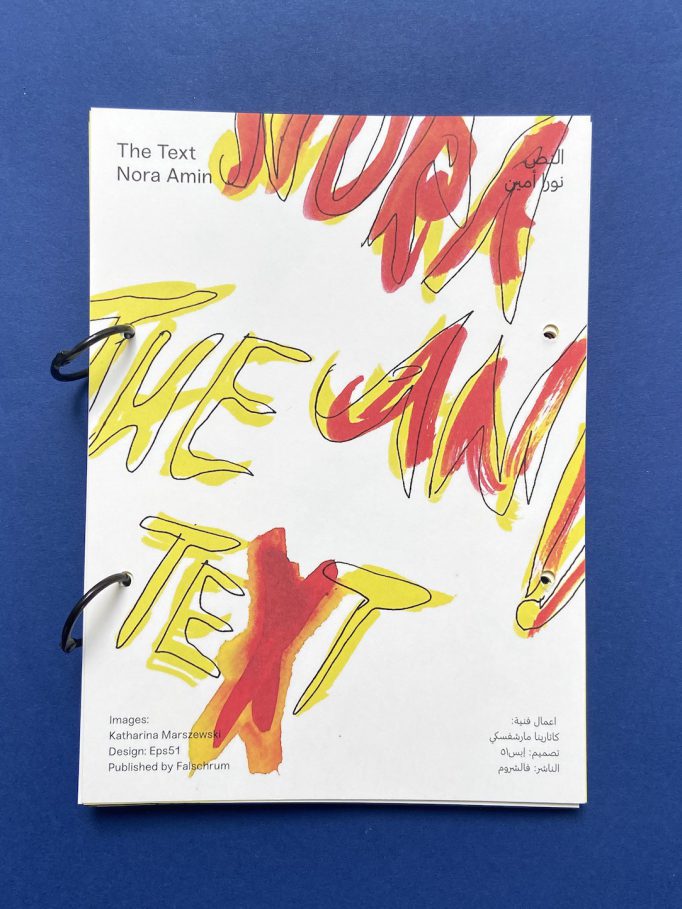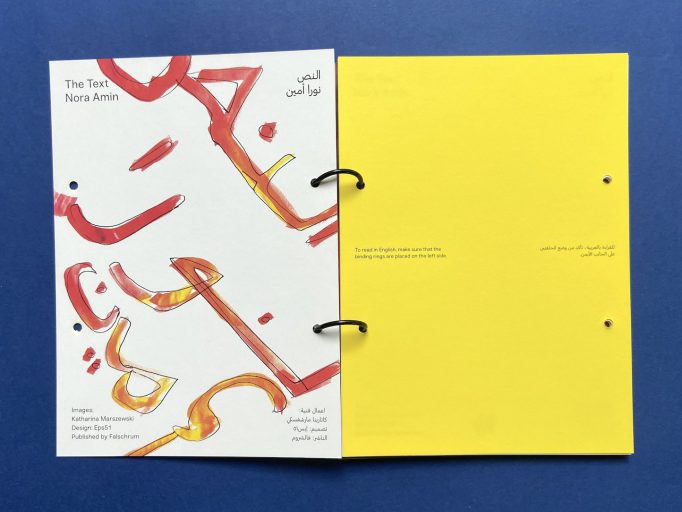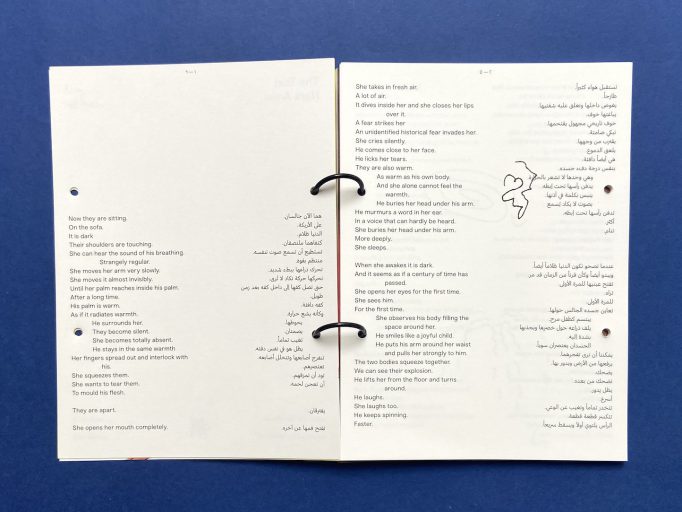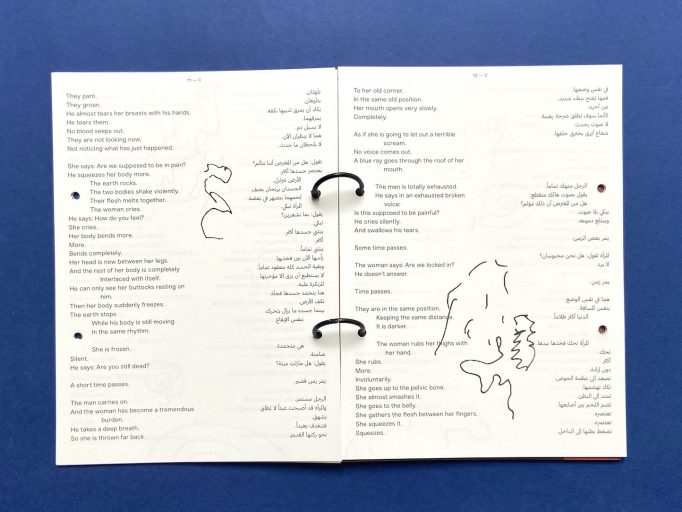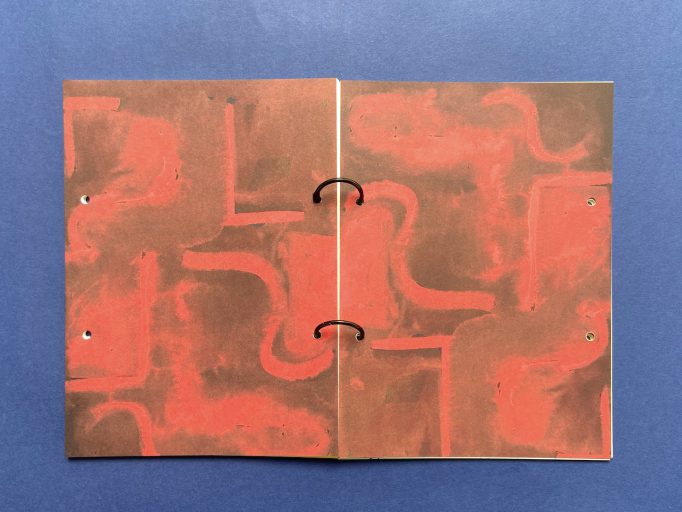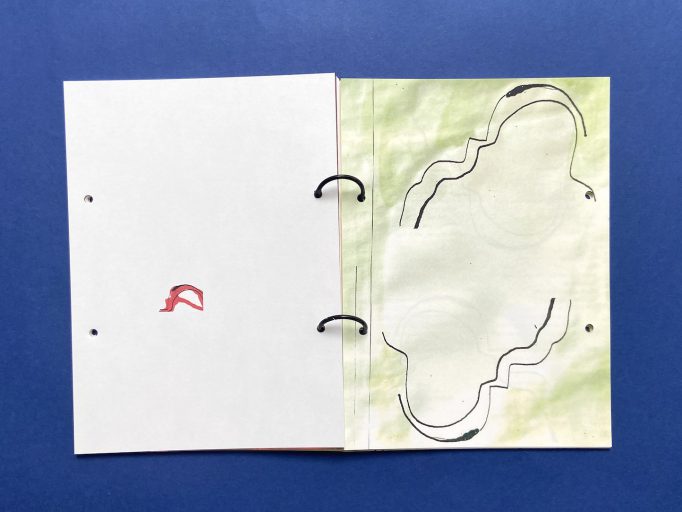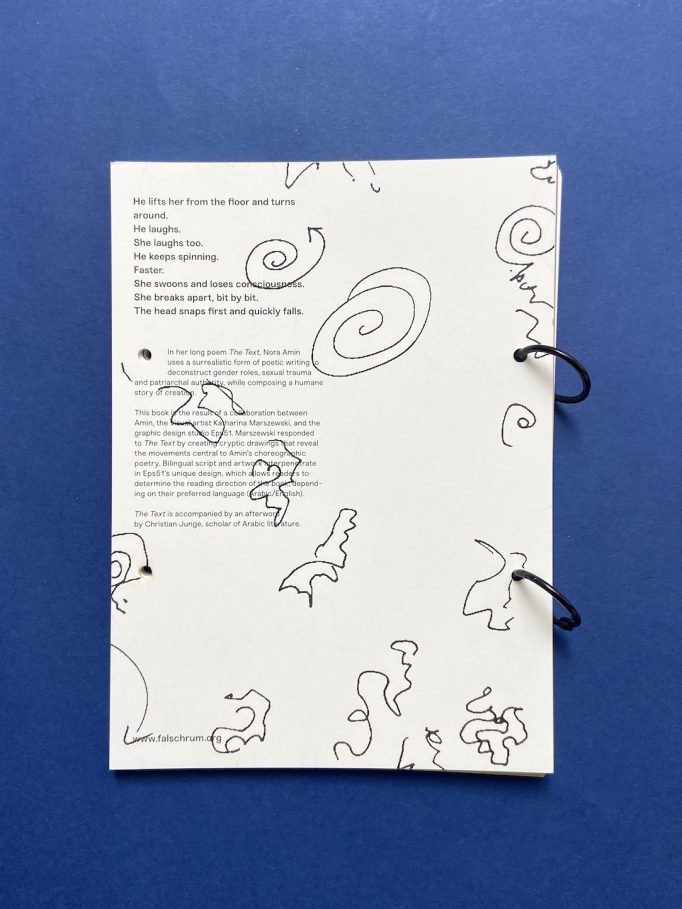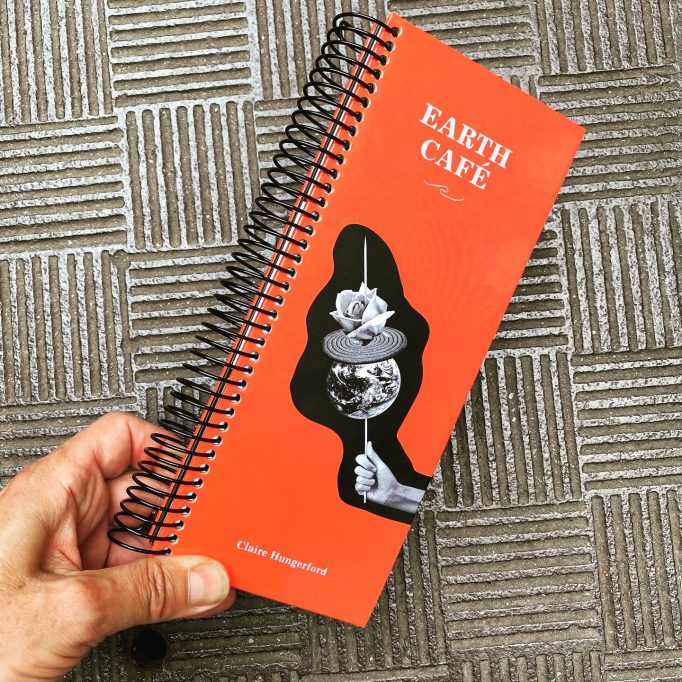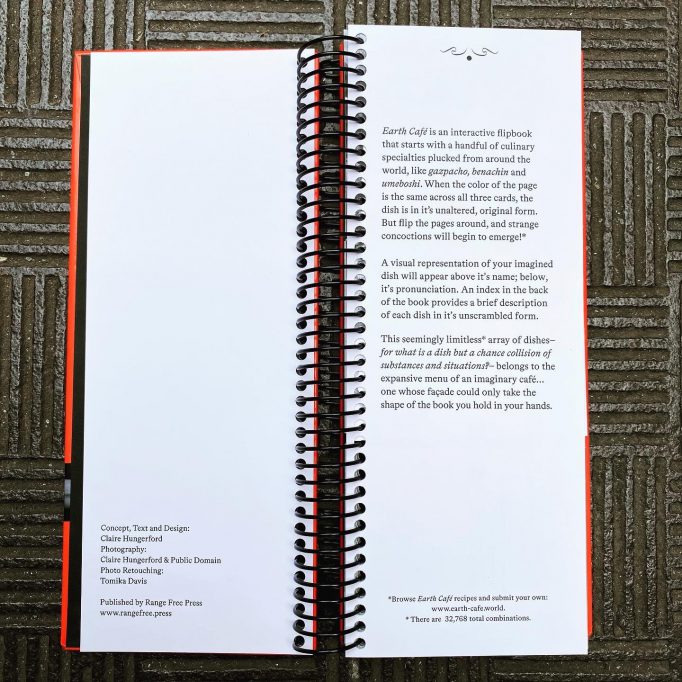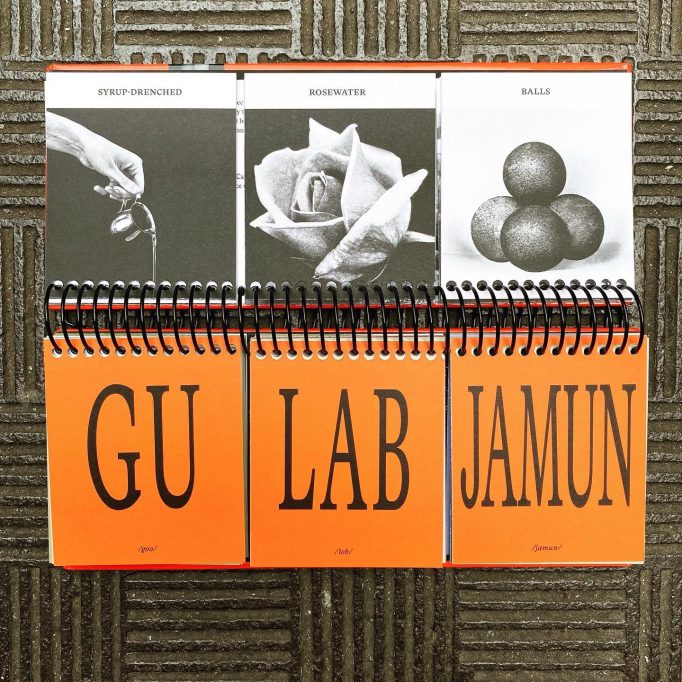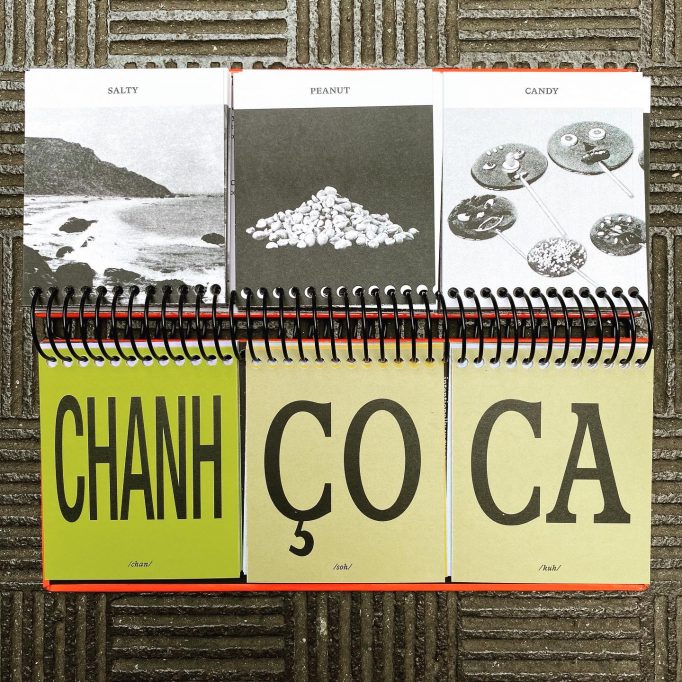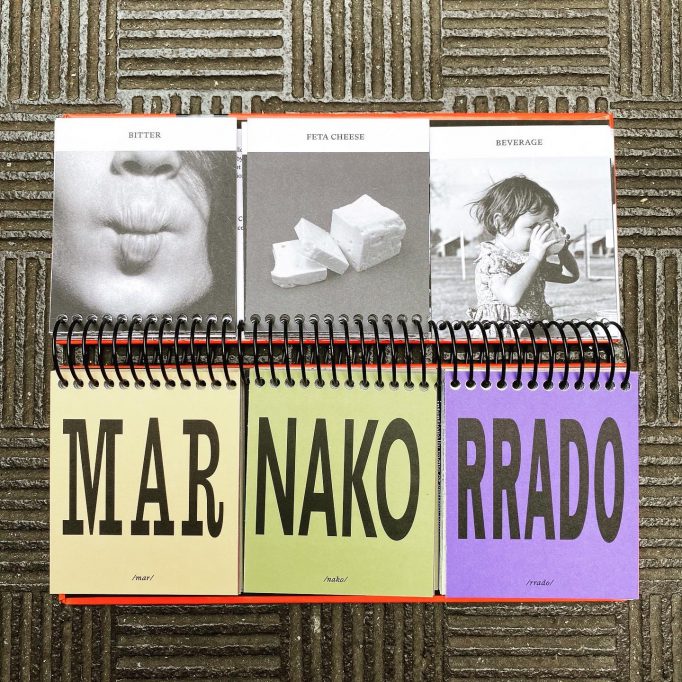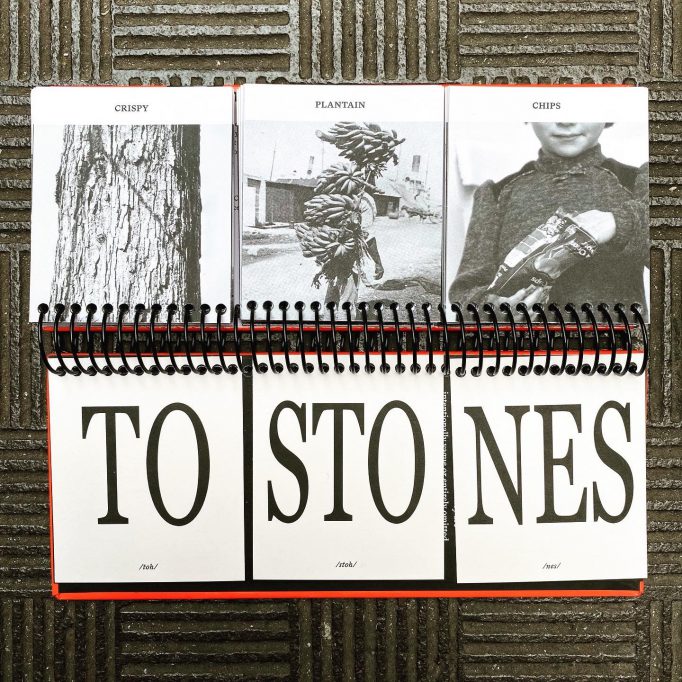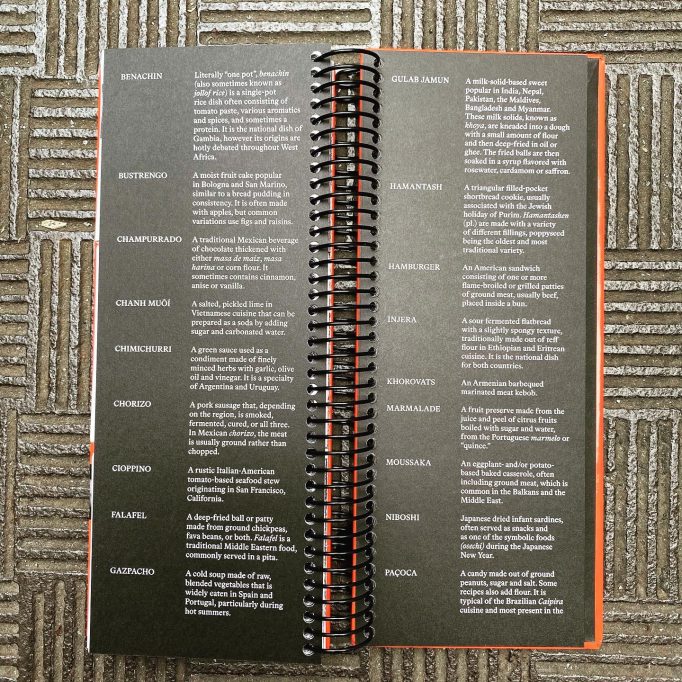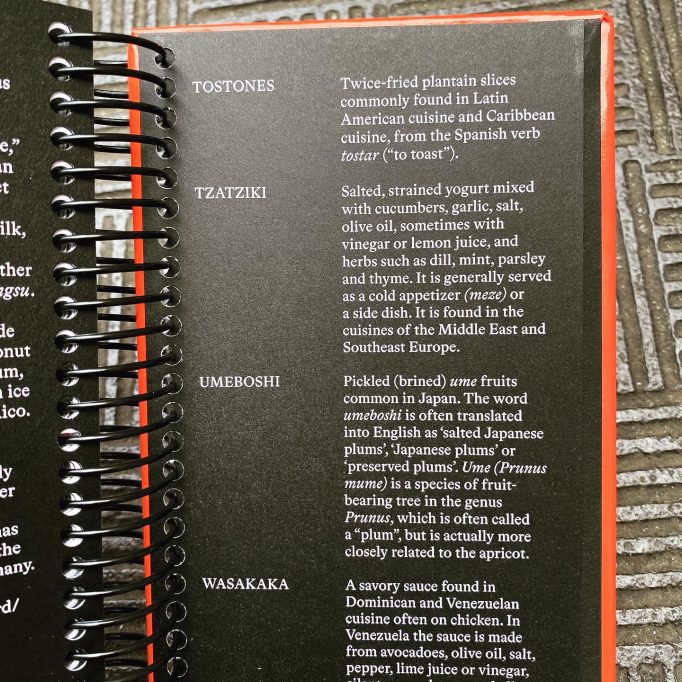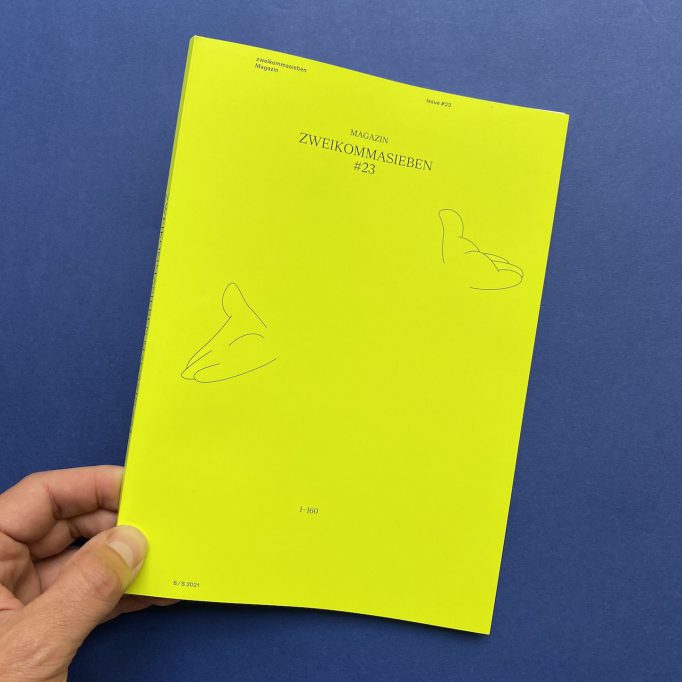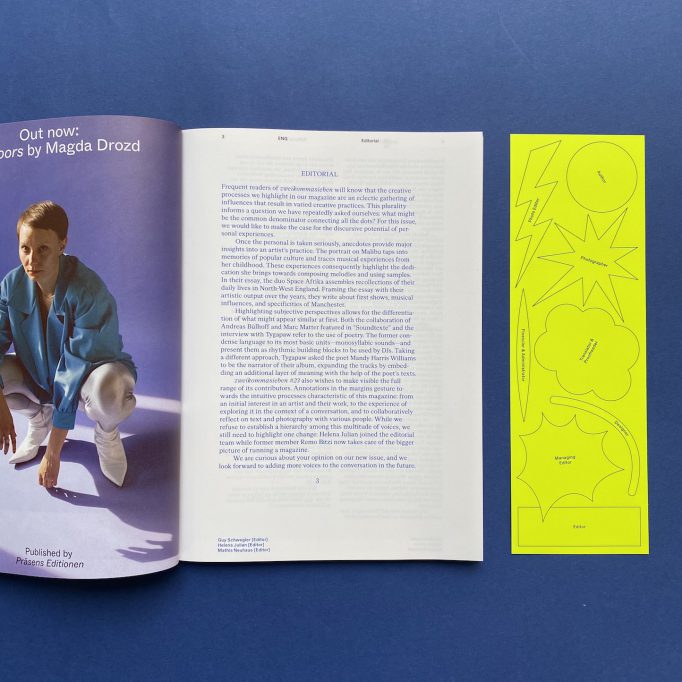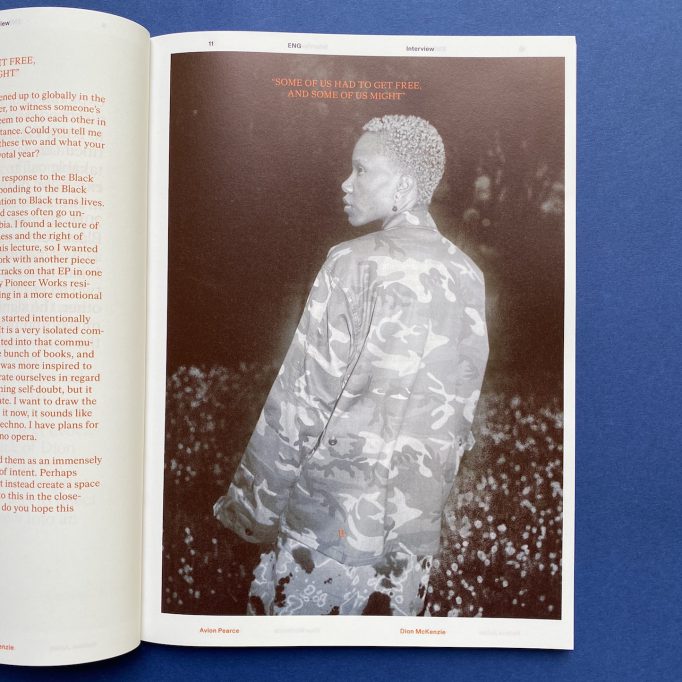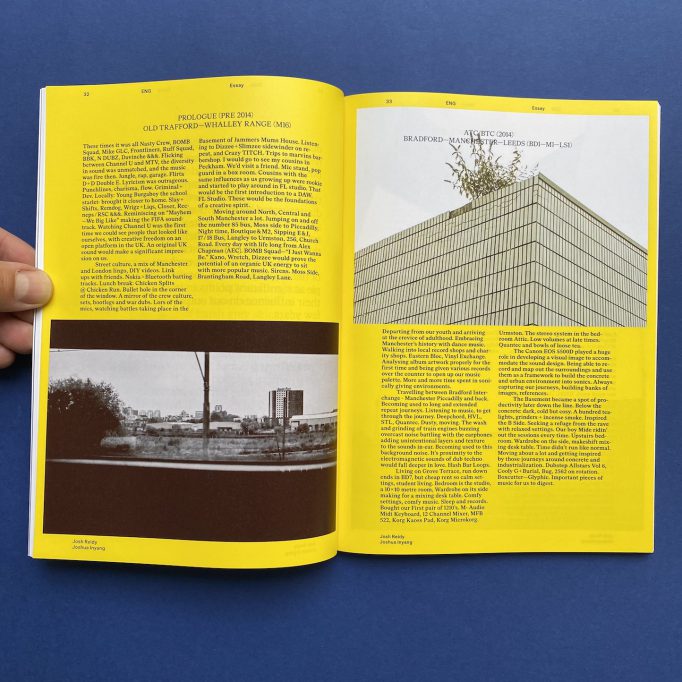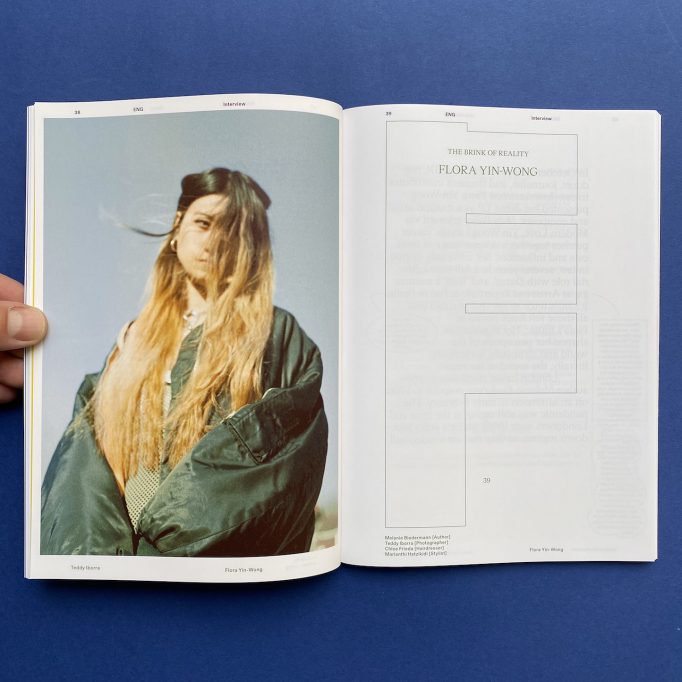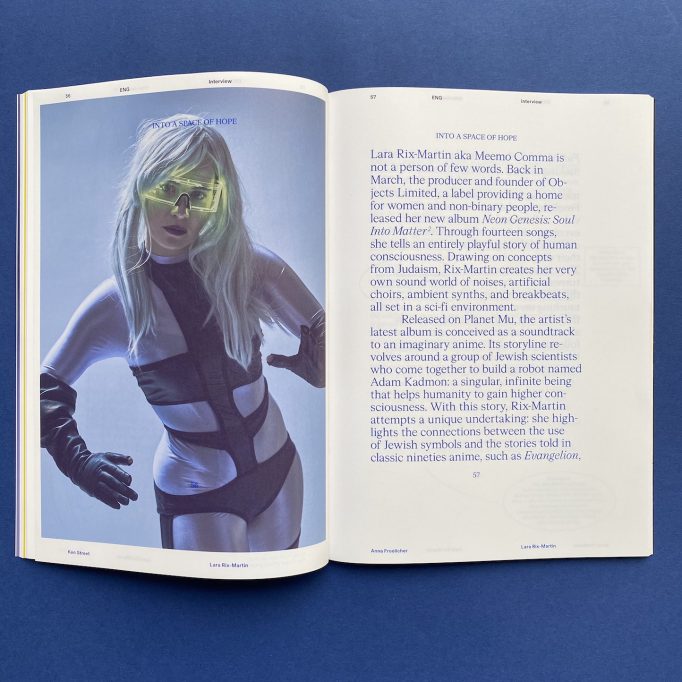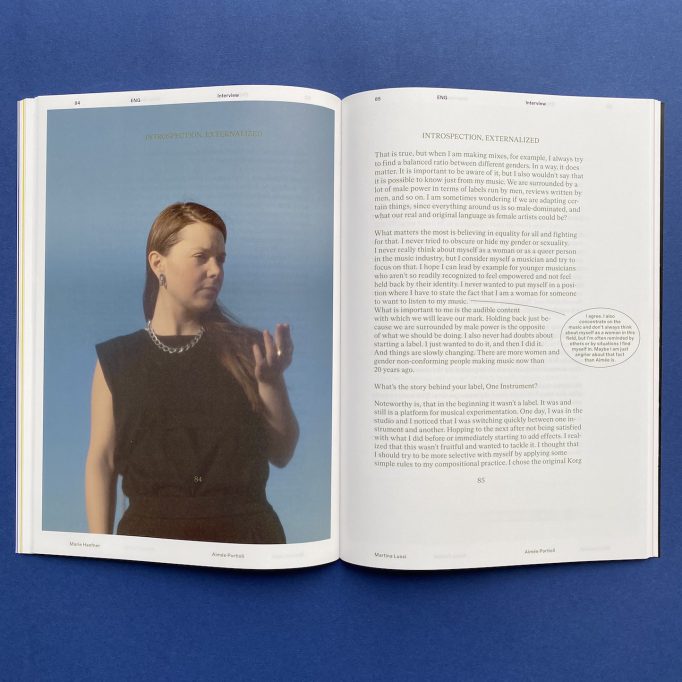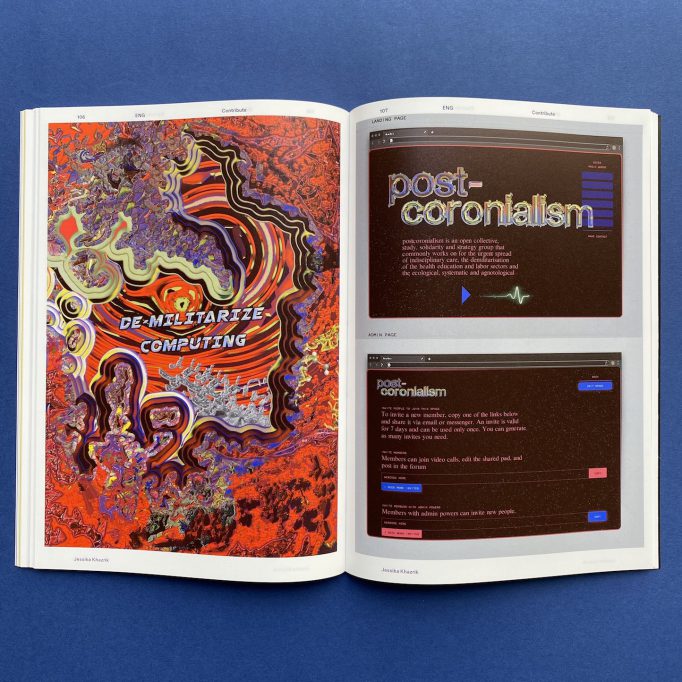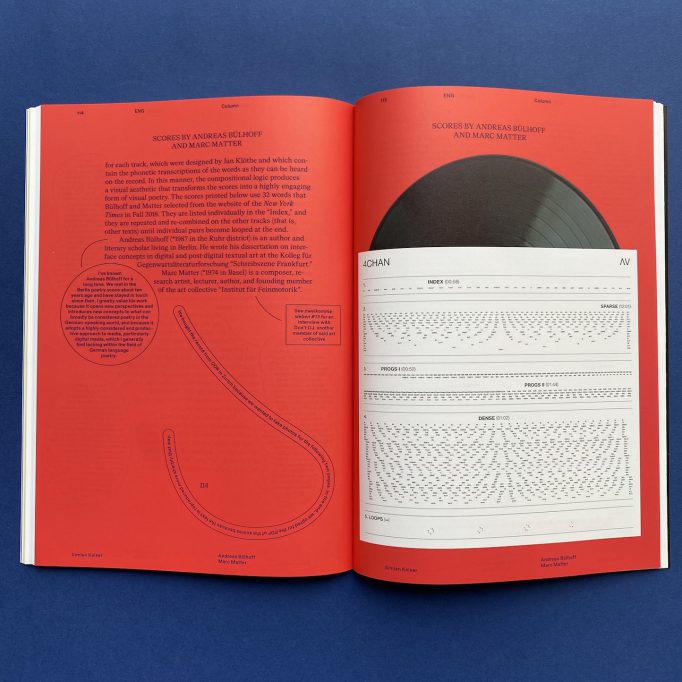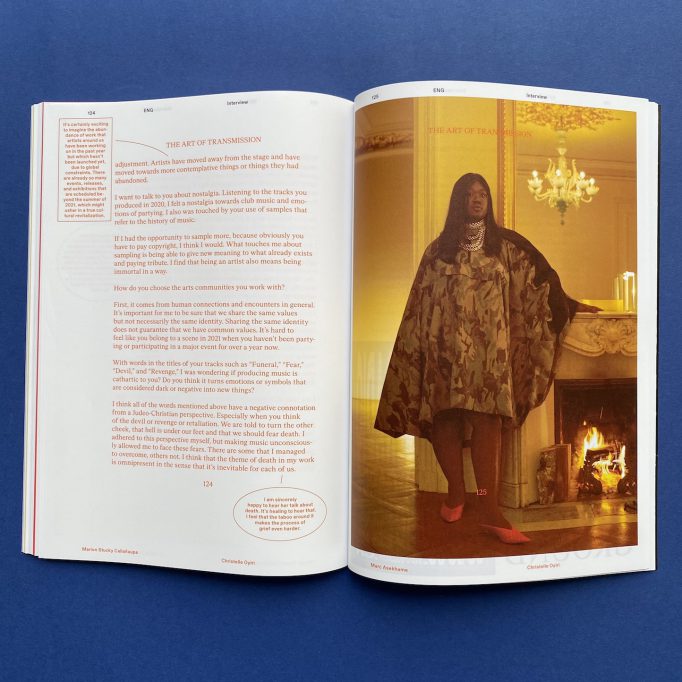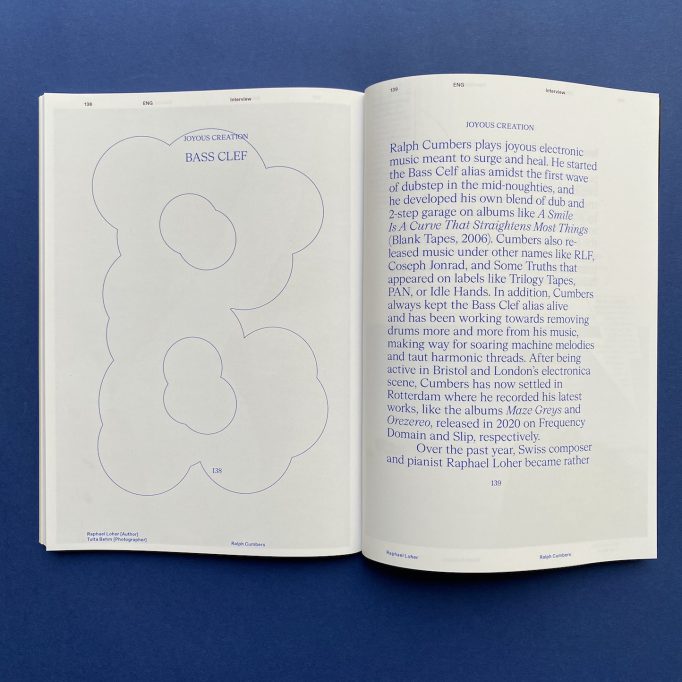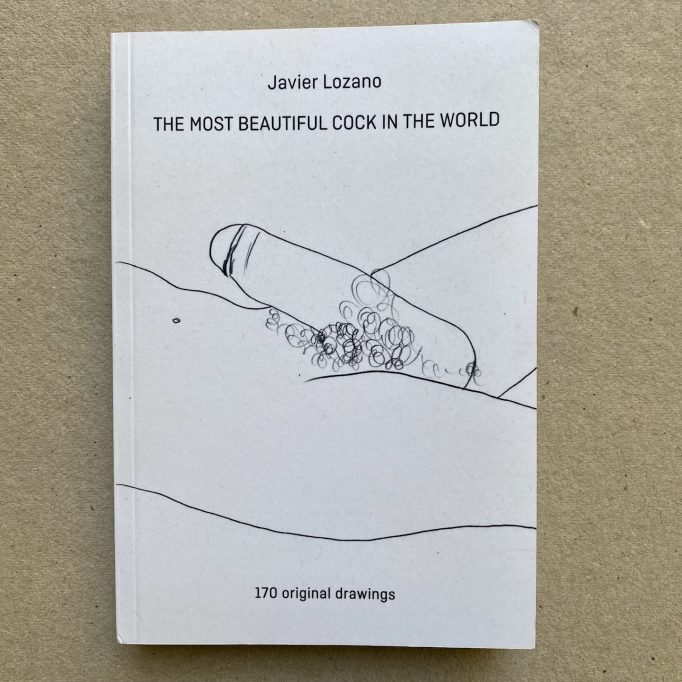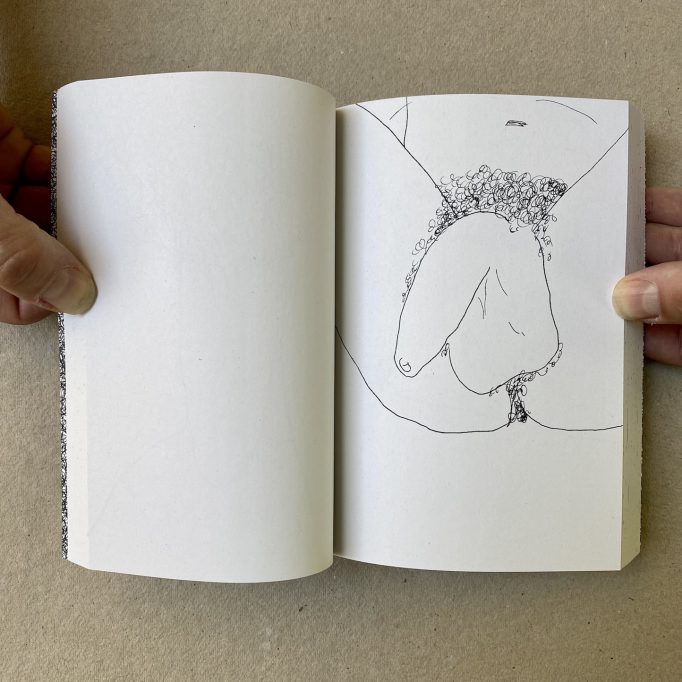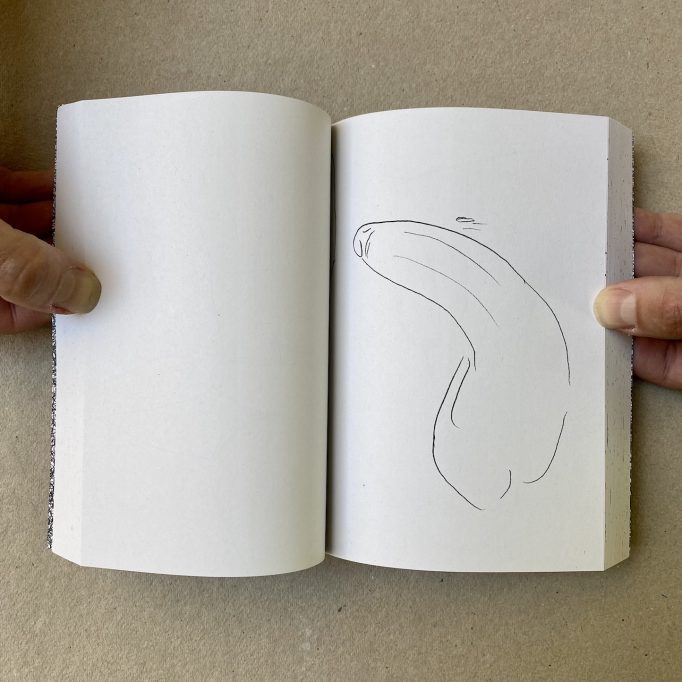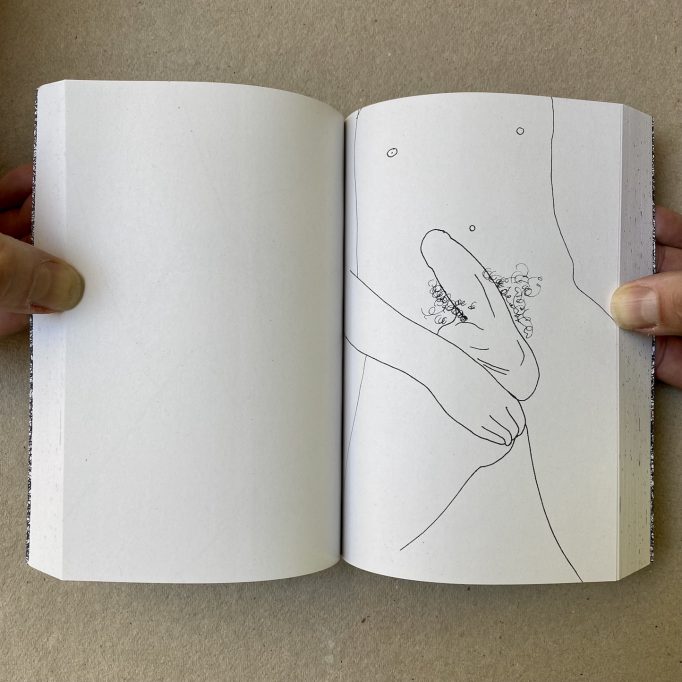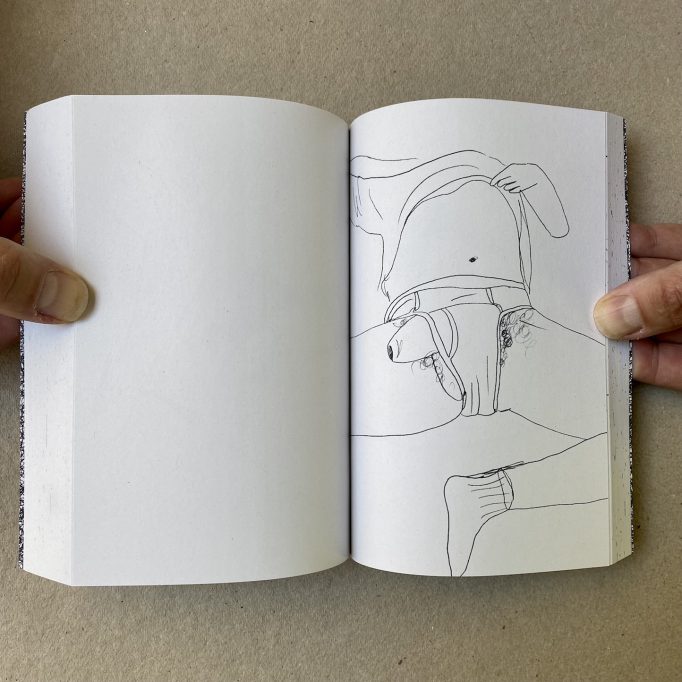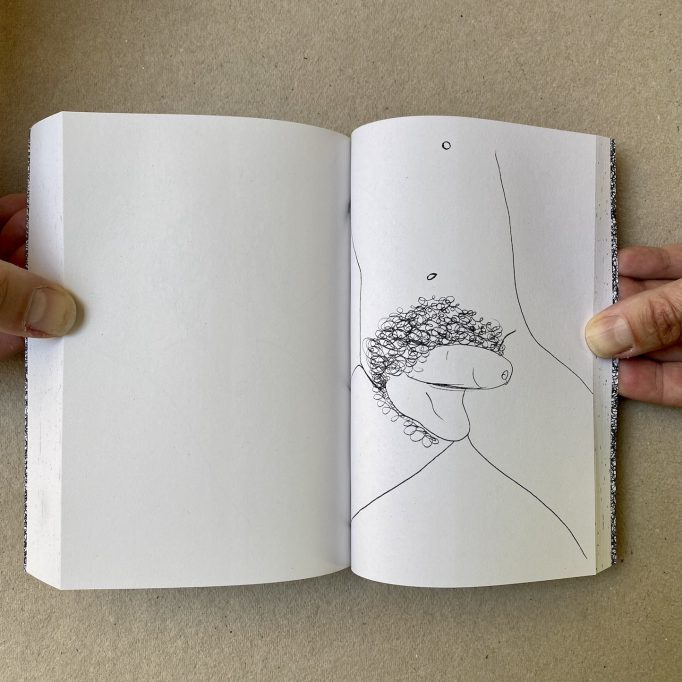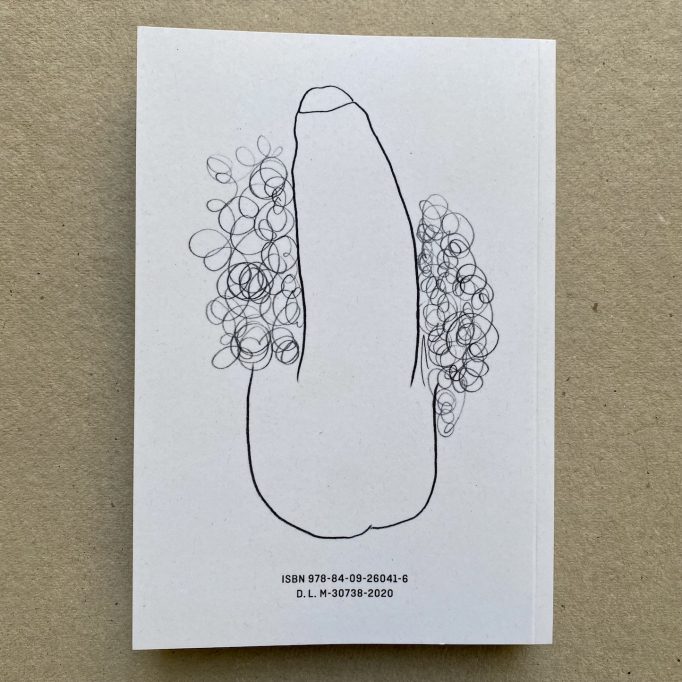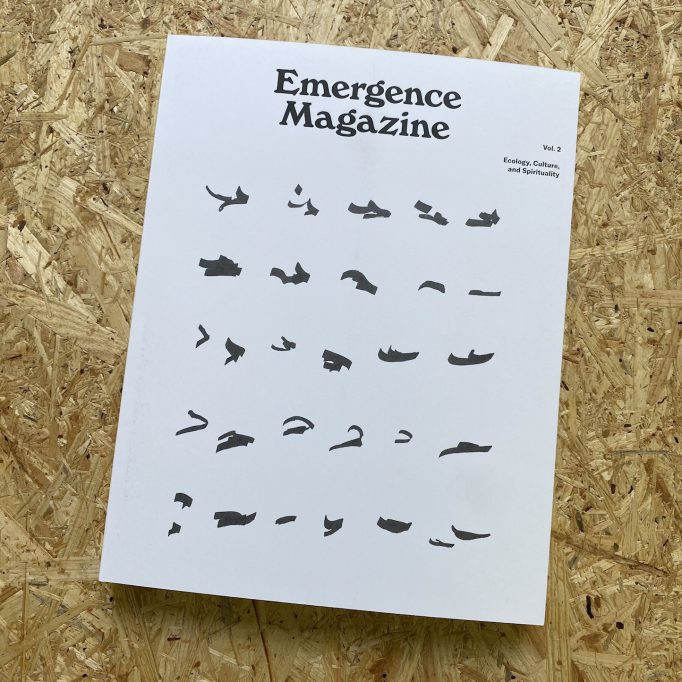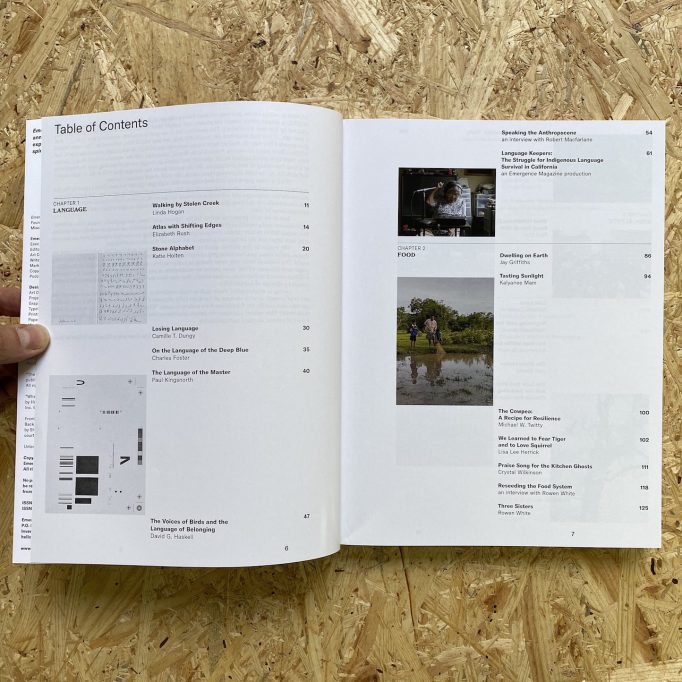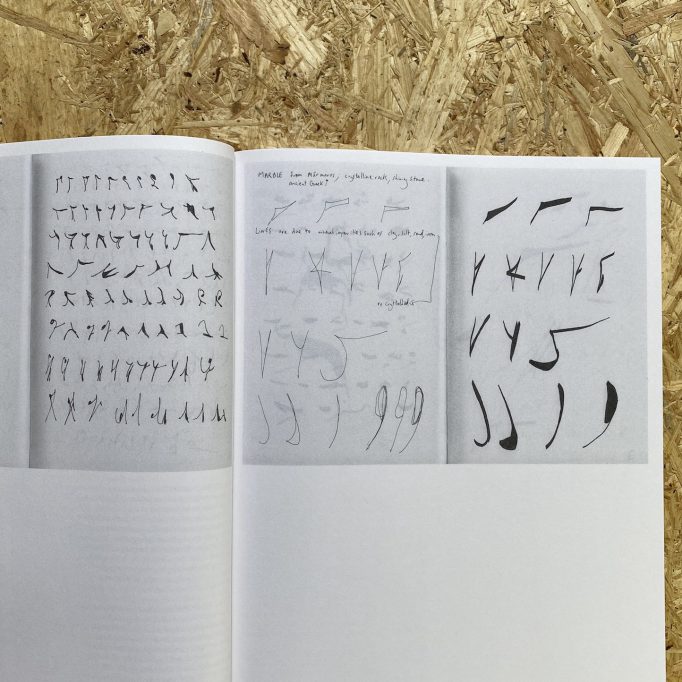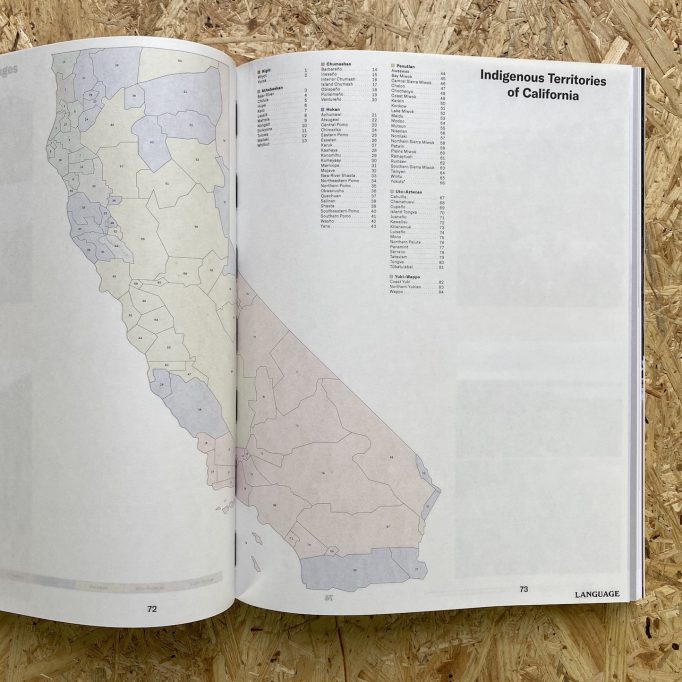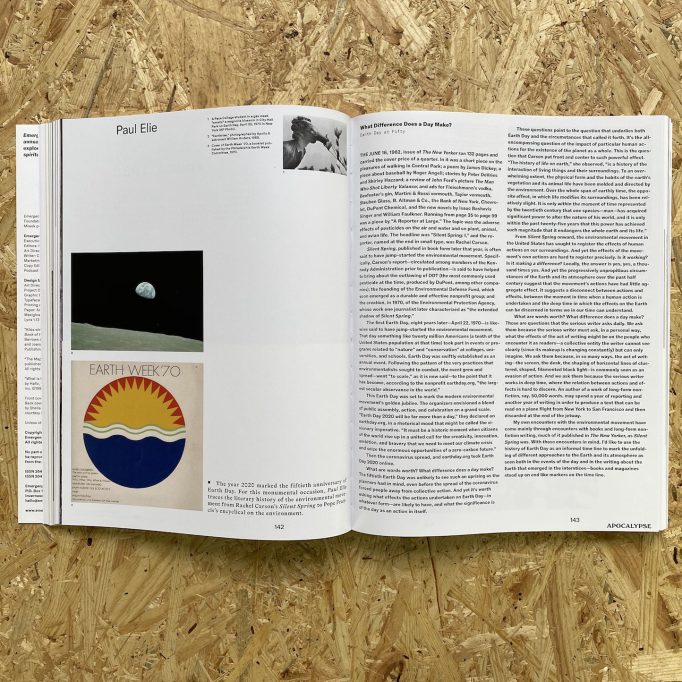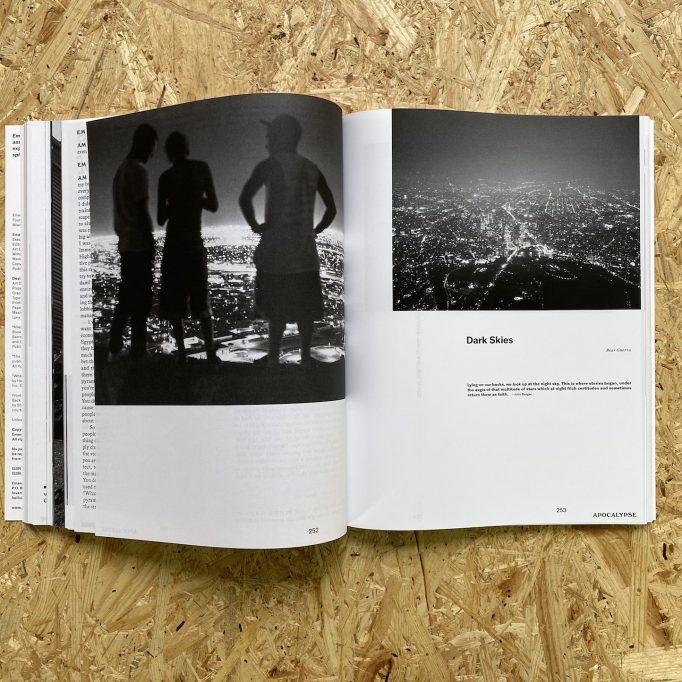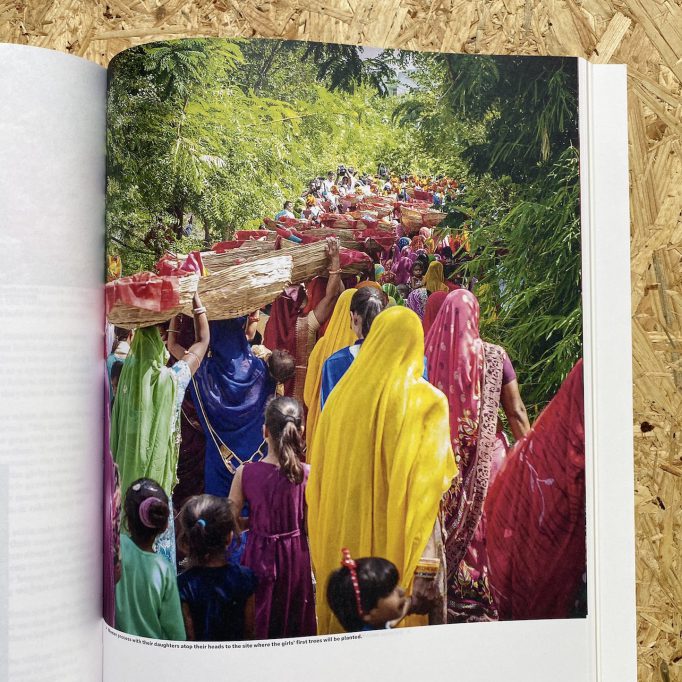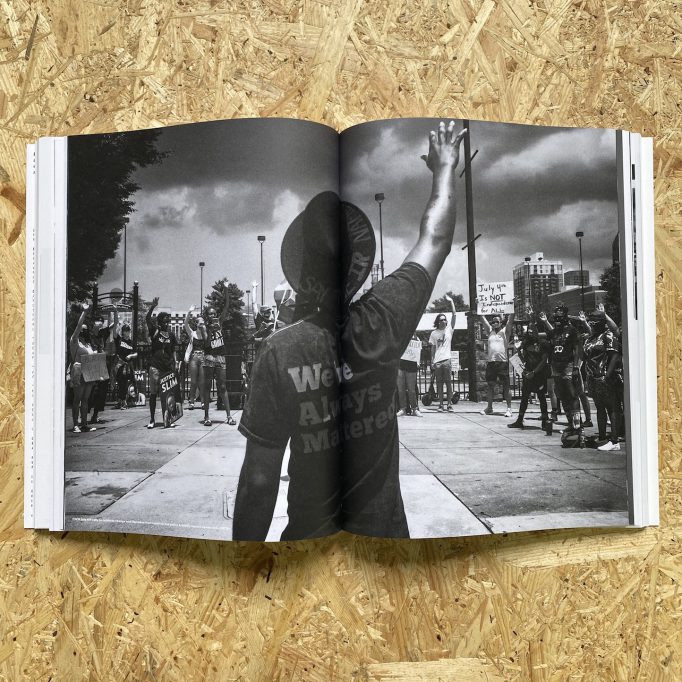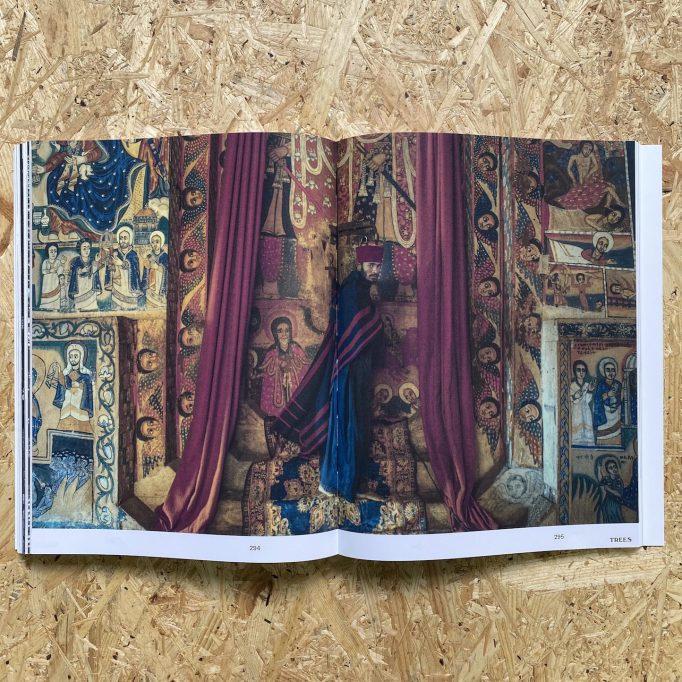
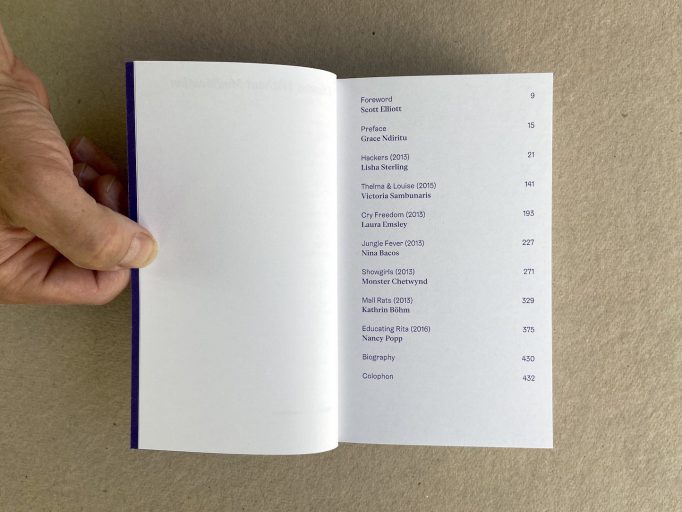
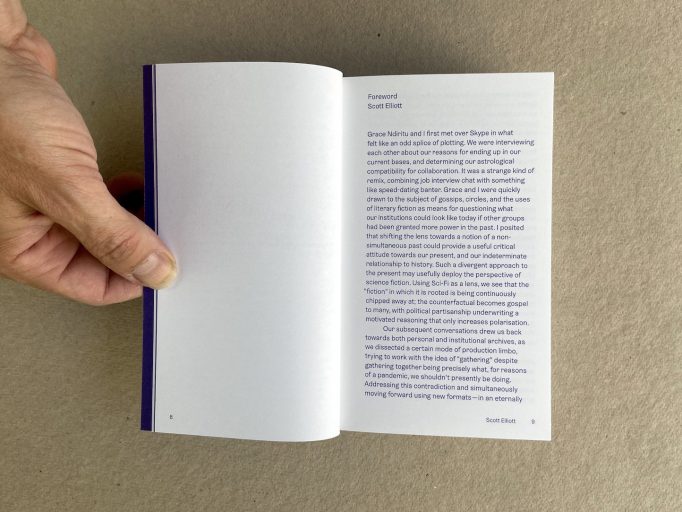
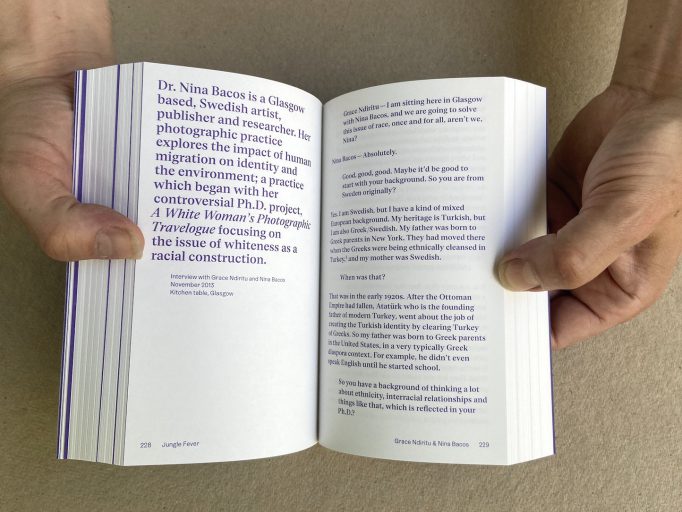
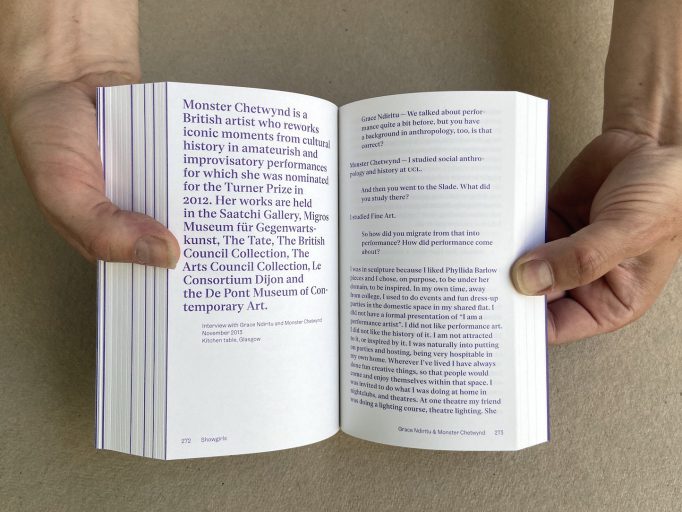
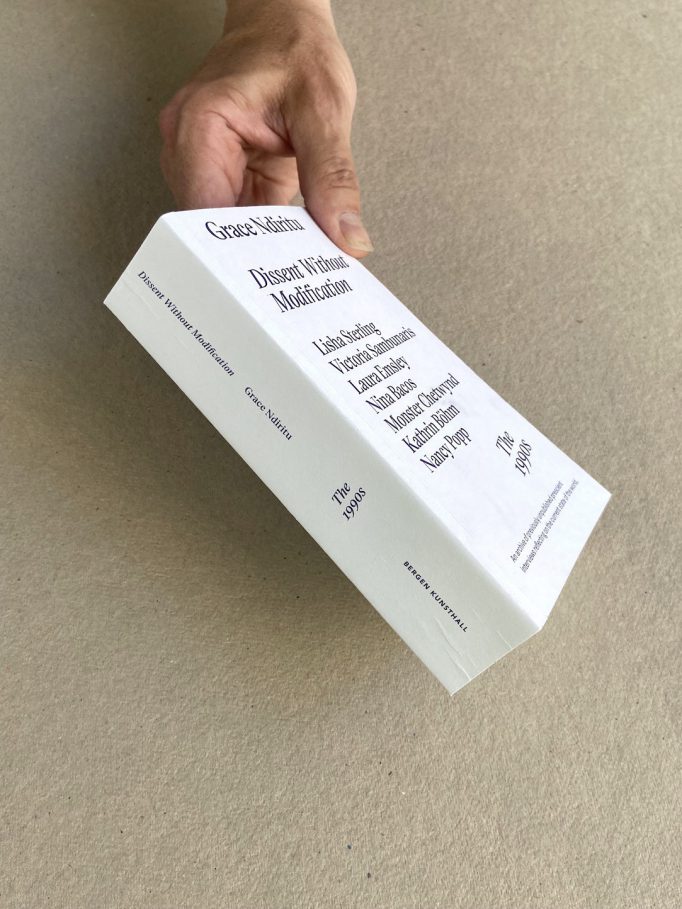
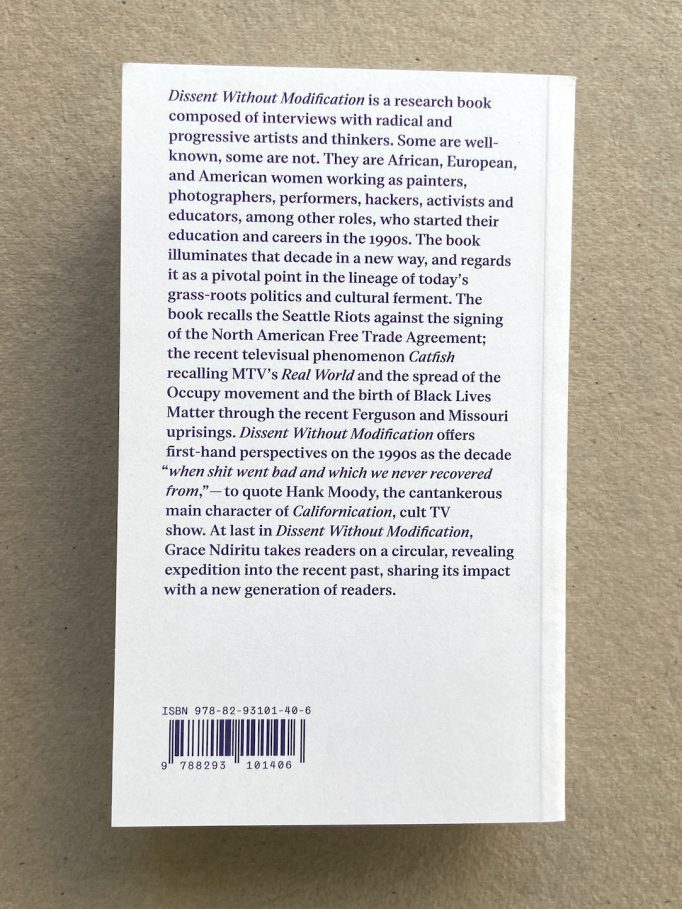
Dissent Without Modification (Bergen Kunsthall), written by Grace Ndiritu, is a research book composed of interviews with radical and progressive artists and thinkers, who started their education and careers in the 1990s. Some are well-known, some are not. They are African, European, and American women working as painters, photographers, performers, hackers, activists and educators, among other roles such as Lisha Sterling, Monster Chetwynd and Kathrin Böhm.
What connects these brilliant women together, now in their late thirties, mid forties, early fifties and sixties; is that the decade of the 1990s had a culturally significant impact on their politics, career and personal life choices. The decade represented a creative coming of age for them all and their lives changed forever. The consequences of those changes are still reflected in their distinctive thoughts and practices today.
The long format interviews that comprise Dissent Without Modification are casual, meandering, philosophical conversations with a wide ranging appeal. Each person’s character is slowly revealed within a backdrop of humour, while touching on many serious universal and global subjects. Topics include pedagogy, race relations, neo-paganism, sexual violence, class warfare, interracial marriage, ecological feminism, contemporary slavery, activism, extreme tourism, African politics, terrorist practice in Western democratic states, and much more.
Dissent Without Modification illuminates the 1990s in a new way, and regards it as a pivotal point in the lineage of today’s grass-roots politics and cultural ferment. on show. The book recalls the Seattle Riots against the signing of the North American Free Trade Agreement; the recent televisual phenomenon Catfish recalling MTV’s Real World and the spread of the Occupy movement and the birth of Black Lives Matter through the recent Ferguson and Missouri uprisings. Dissent Without Modification offers first-hand perspectives on the 1990s as the decade “when shit went bad and which we never recovered from,” – to quote Hank Moody, the cantankerous main character of Californication, cult TV show.
At last in Dissent Without Modification Grace Ndiritu takes readers on a circular, revealing expedition into the recent past, sharing its impact with a new generation of readers.
Order here

